The planet might be getting a break after all, check out these positive changes.

The climate crisis isn’t exactly known for uplifting headlines. Between wildfires, floods, and melting glaciers, it’s easy to feel like everything is sliding downhill in slow motion. But here’s the twist: it’s not all bad news. In fact, some seriously good things are happening—and they’re happening fast. Countries are switching to cleaner energy, cities are rethinking how they cool down, and innovators everywhere are finding ways to turn problems into progress.
These aren’t just one-off wins or feel-good stories to file away under “nice try.” They’re signs of real momentum. From global policy shifts to everyday lifestyle changes, the pieces are starting to come together. It’s not a perfect picture, but it’s one worth celebrating. These breakthroughs show what’s possible when effort, creativity, and urgency finally start to align. The future might not be fixed, but it’s definitely looking more hopeful than it did before.
1. Renewable energy is officially kicking butt.
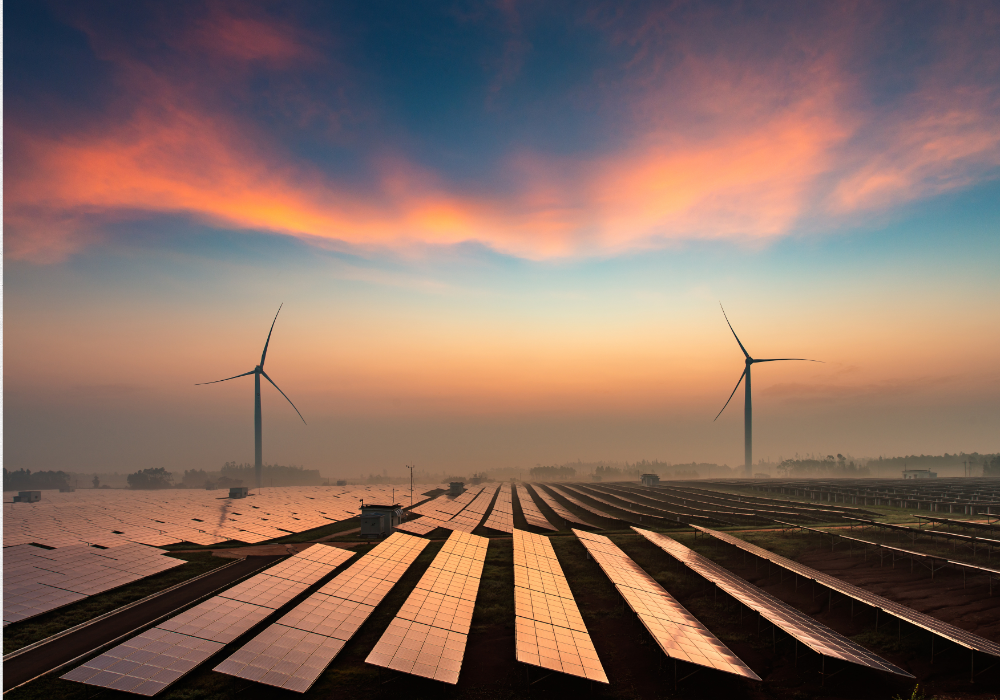
Solar panels are no longer just a “future” thing—they’re here, they’re working, and they’re making a real difference. The International Energy Agency reports that global solar power generation reached a record 320 terawatt-hours (TWh) in 2023, making up 5.4% of global electricity generation. Countries are shifting away from fossil fuels, with places like Denmark running on 90% renewable energy. Not only are these energy sources cleaner, but they’re also more affordable than ever.
As prices drop and technology improves, renewable energy is rapidly becoming the smart choice. It’s not just about the planet—it’s about saving money too. Solar farms and wind turbines are now the new normal, and the world is finally starting to catch up. The green revolution is here, and it’s growing faster than we could’ve imagined.
2. Electric cars are zooming into the future.
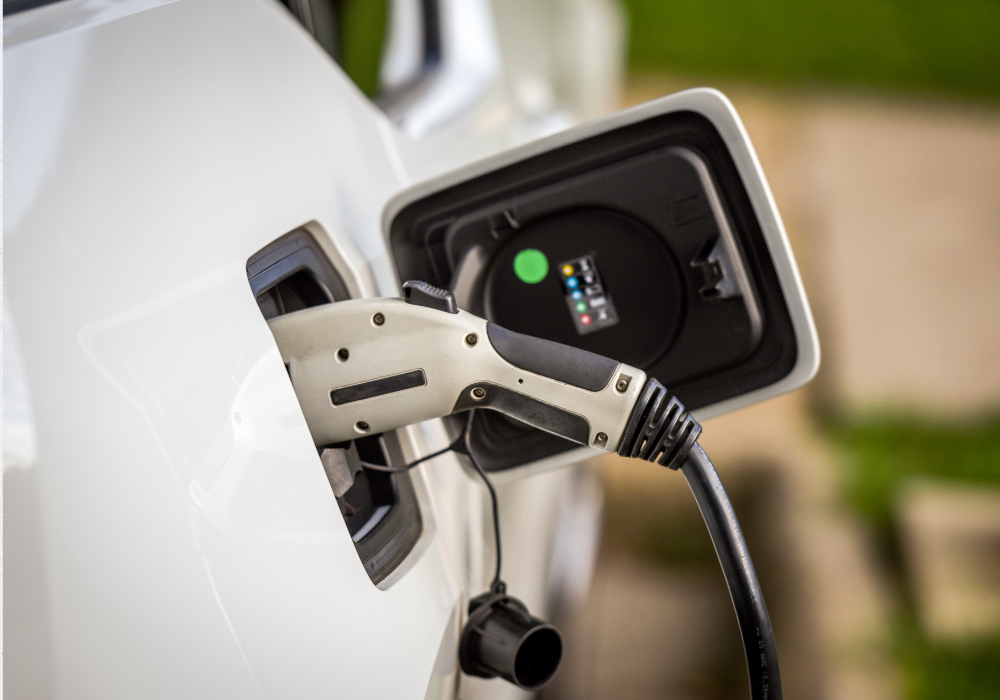
Electric vehicles used to be the weird, eco-friendly choice, but now? They’re everywhere. EV sales are soaring, charging stations are sprouting up like mushrooms after a rainstorm, and even the big automakers are jumping on the electric bandwagon.
According to Alessandro Parodi for Reuters, global sales of EVs reached 17 million units in 2024, a 25% increase from the previous year. Driving an electric car doesn’t mean sacrificing style or performance anymore—it’s about upgrading to something cleaner and smarter.
EVs are now a serious contender in the transportation world. The more EVs we put on the road, the cleaner our air becomes. No more exhaust fumes, no more gas stations—just smooth, silent rides powered by renewable energy. EVs are leading the way to a future where driving green is the norm, not the exception.
3. Trees are the climate heroes we didn’t know we needed.
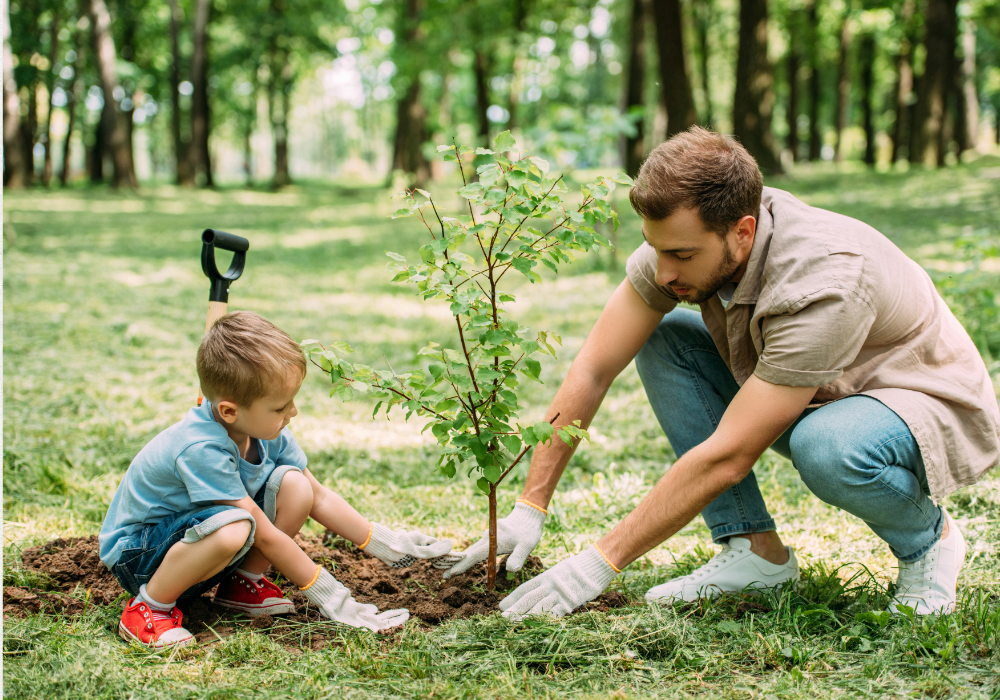
Reforestation isn’t just a nice idea—it’s one of the most powerful weapons we have against climate change. Per The United Nations Convention to Combat Desertification, initiatives like Africa’s Great Green Wall aim to restore 100 million hectares of land, benefiting both ecosystems and communities. Trees don’t just look pretty—they’re working hard to absorb carbon and restore ecosystems that help our planet thrive.
It’s not just about planting trees either. These projects provide jobs, restore biodiversity, and protect vital ecosystems. Trees are literally helping to turn the tide on climate change, one sapling at a time. So the next time you see a tree being planted, remember—it’s more than just a green decoration. It’s an investment in the future.
4. Global emissions have leveled off—seriously.
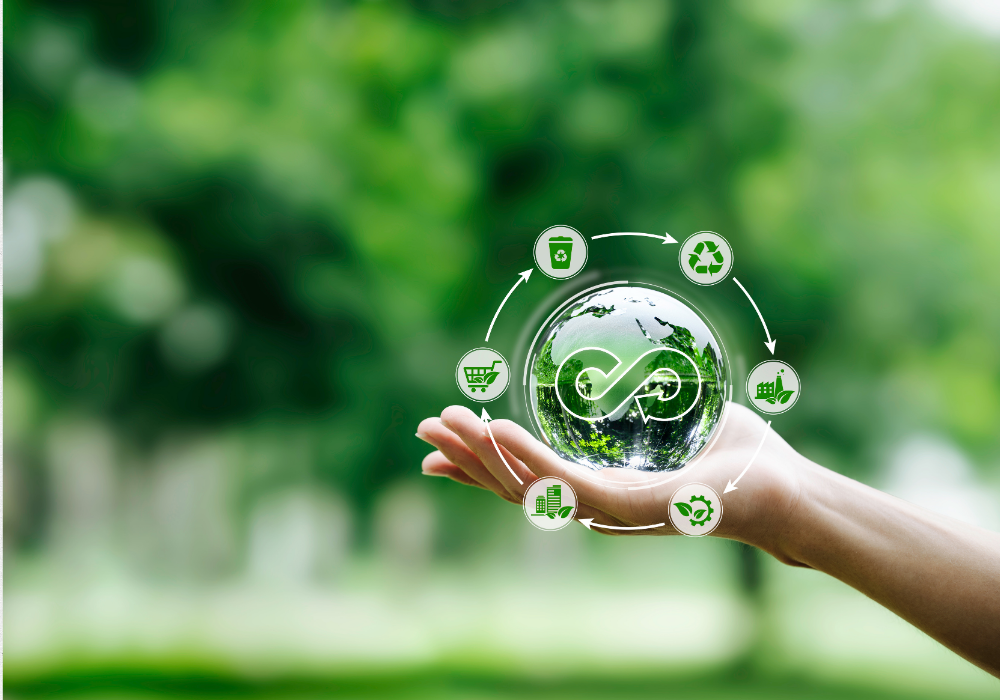
Here’s a surprise: global carbon emissions are finally starting to level off. After decades of steady increases, emissions from some of the world’s largest economies have started to stabilize. This is thanks to cleaner energy sources, better technology, and smarter energy usage. While it’s not perfect, it’s a big step in the right direction.
What’s even more exciting? It proves that we can decouple economic growth from carbon emissions. Countries and companies are proving that progress doesn’t have to come at the expense of the planet. While we still have work to do, this leveling off shows that we can reduce emissions without giving up economic prosperity. It’s the first sign that we’re turning the corner.
5. Plastic waste is getting a makeover—and it’s working.
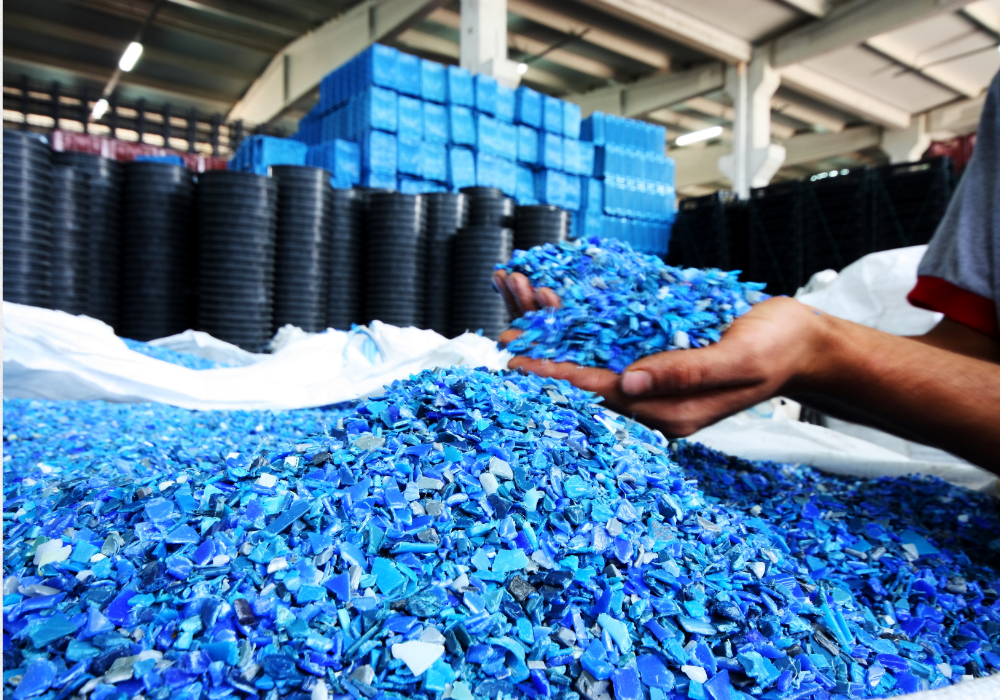
Plastic waste has been one of the planet’s biggest headaches, but here’s the twist: we’re finding new ways to turn it into something useful. From plastic roads to clothing made from old bottles, companies are getting creative with plastic recycling. Some places are even turning plastic waste into bricks for homes, making it clear that trash doesn’t have to be trash.
This isn’t just about cleaning up the oceans—it’s about changing how we think about waste. The more we recycle and reuse plastic, the less we’ll find it piling up in landfills or floating in the ocean. With upcycled plastic becoming a valuable material for products, we’re not just fighting pollution—we’re turning it into something useful. It’s a win for both the environment and innovation.
6. Cities around the world are finding creative ways to stay cooler and greener.
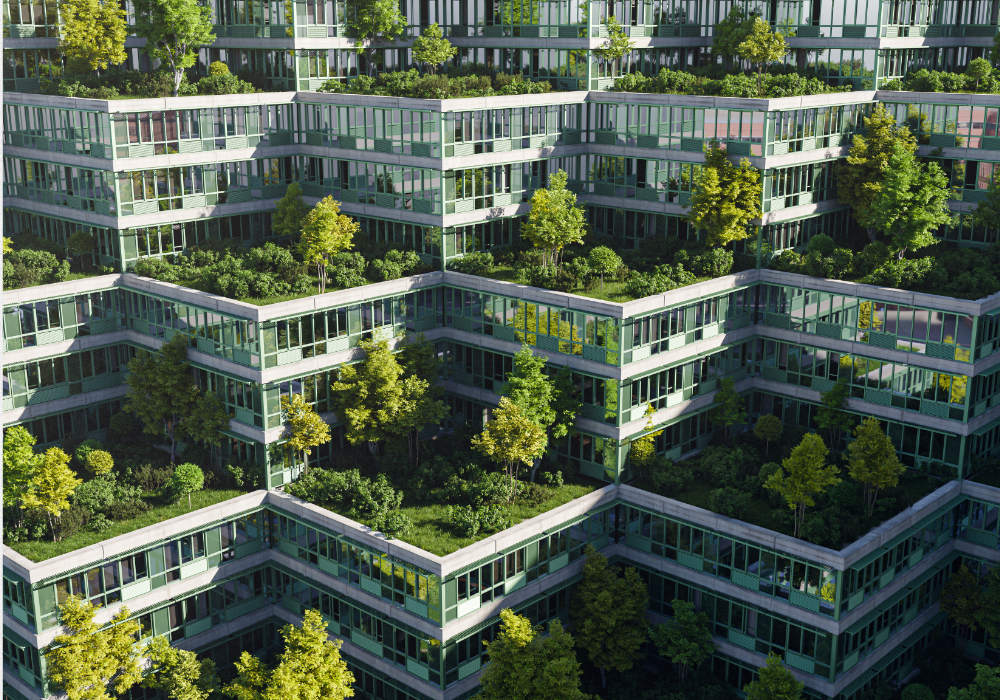
Urban heat is no joke, but cities are finally getting smarter about how to fight it. Green roofs, tree-lined streets, reflective surfaces, and clever architecture are helping turn hot, sticky concrete jungles into cooler, more livable spaces. Heatwaves are hitting harder than ever, so cities are stepping up with real solutions that actually work.
From Paris to Melbourne, urban planners are planting trees with a purpose and transforming rooftops into gardens. Older buildings are getting climate-smart makeovers, and new ones are being built with resilience in mind. These upgrades don’t just make cities more beautiful—they save energy, improve public health, and make everyday life a lot more bearable when the thermostat spikes. It’s city life, leveled up.
7. Young people are showing up, speaking out, and driving real climate action.
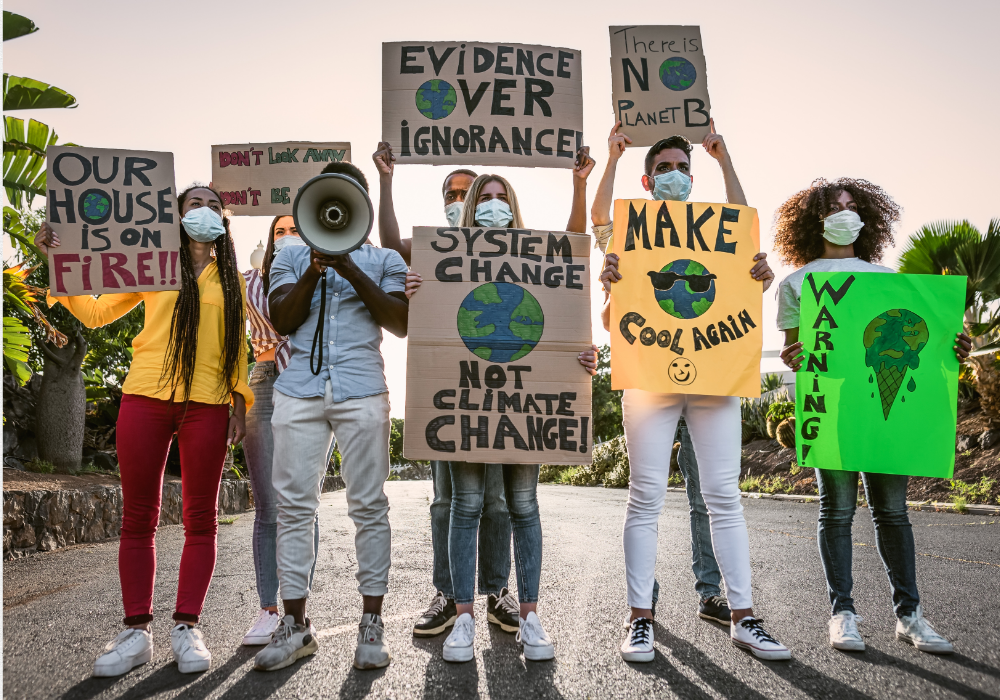
Younger generations aren’t just posting about the climate—they’re organizing, inventing, voting, suing, and building a movement that’s impossible to ignore. Student strikes, youth-led lawsuits, viral campaigns, and eco-focused startups are turning climate anxiety into real momentum. These are not side projects—they’re full-on revolutions with spreadsheets and action plans.
In boardrooms and parliaments, young voices are demanding bolder climate policies and holding leaders accountable. They’re bringing urgency, creativity, and a level of hustle that’s forcing the world to pay attention. From grassroots organizing to high-level innovation, this generation is pushing the needle further and faster than most expected. The future isn’t waiting, and neither are they.
8. The food system is getting a much-needed upgrade and it actually tastes better.
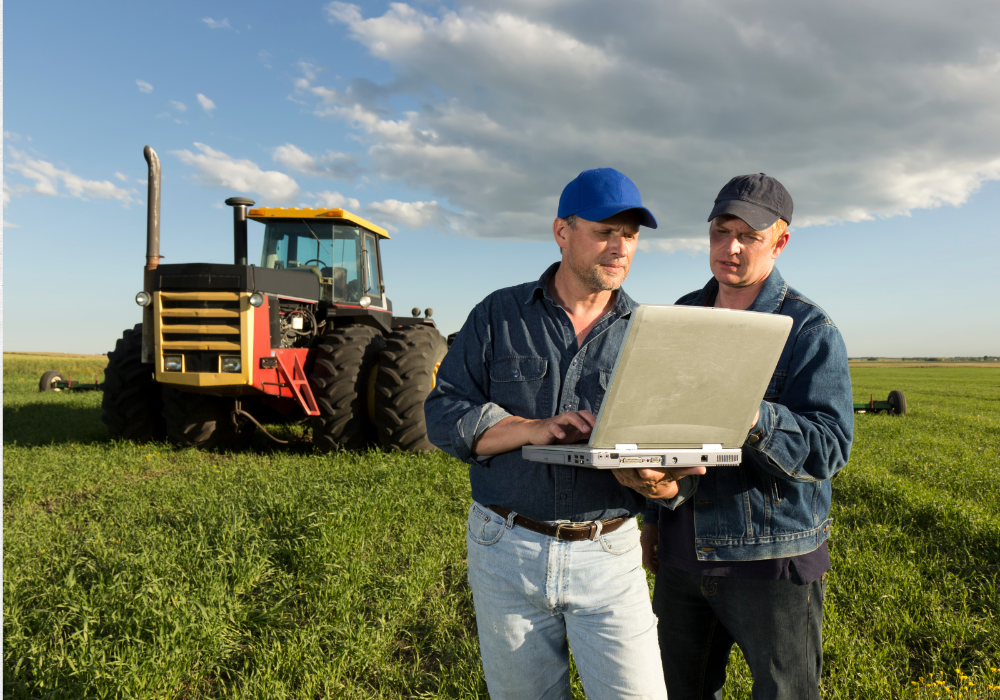
Agriculture is a major source of emissions, but the way food is grown, distributed, and eaten is starting to shift. Regenerative farming, plant-based innovation, and urban agriculture are giving the food system a greener, smarter reboot. Farms are restoring soil instead of depleting it, and food production is moving closer to the people who eat it.
Plant-based options have gone from niche to normal, and consumers are embracing brands that prioritize sustainability. Vertical farms, food waste solutions, and carbon-conscious menus are turning meals into part of the solution. Eating sustainably no longer means sacrificing flavor or convenience—it’s becoming the default for those who want to help the planet one bite at a time.
9. The clean energy job market is booming and it’s not slowing down anytime soon.
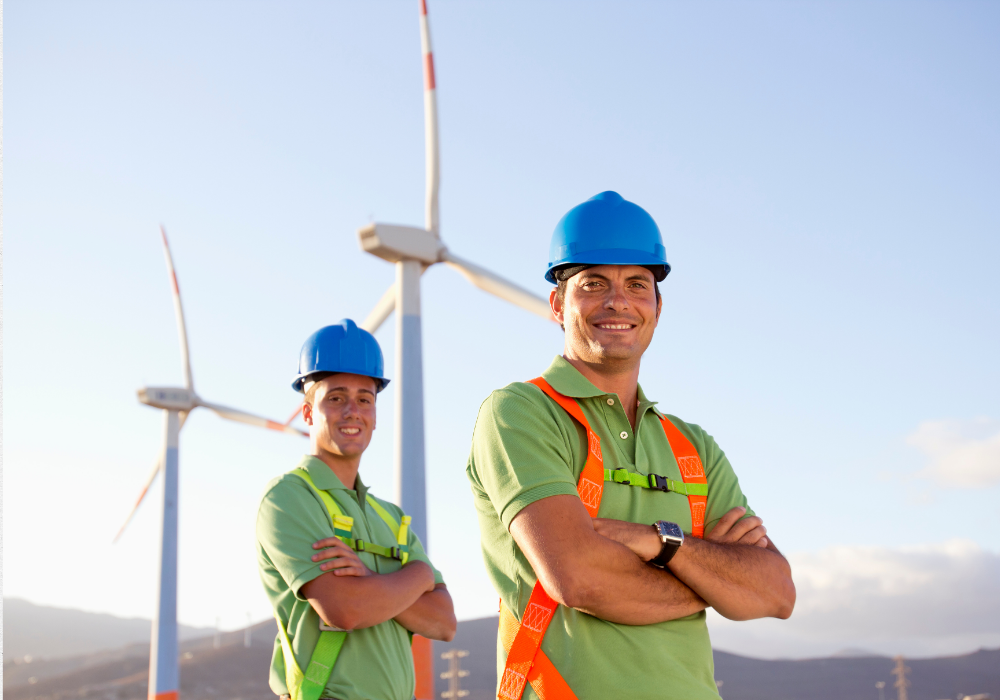
While fossil fuel industries shrink, clean energy jobs are exploding in all the right ways. Solar panel installers, wind turbine techs, electric vehicle engineers—these careers are growing faster than almost any other sector. The green economy isn’t a vague concept anymore; it’s a paycheck, a trade, and a long-term career path.
Governments and companies are pouring money into renewable infrastructure, and it’s paying off with real employment. These aren’t just jobs—they’re stable, future-proof livelihoods in industries that actually help the planet. The shift is clear: working in clean energy is no longer just smart—it’s the safest bet in town.
10. Countries are starting to follow through on climate promises and that changes everything.
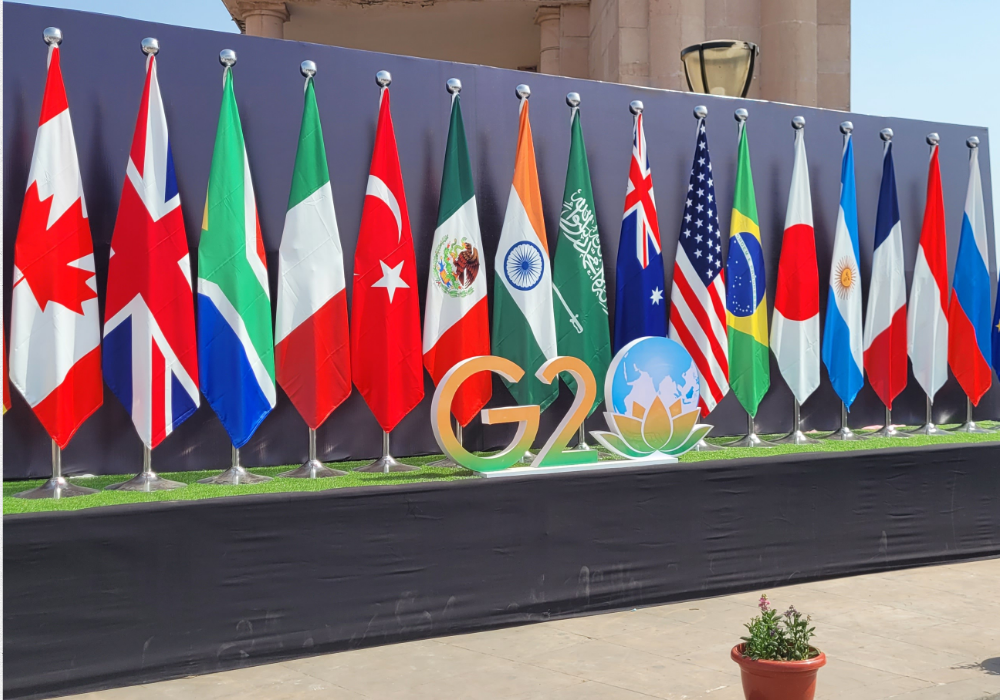
Climate summits often sound like a broken record of vague pledges, but a growing number of countries are finally backing up words with action. Laws are being passed, budgets are being reshaped, and fossil fuel subsidies are getting cut. Some governments are phasing out coal altogether, while others are ramping up solar, wind, and public transit investments at record speeds.
Global momentum is building, and it’s starting to look like cooperation is possible after all. These shifts matter because they’re systemic—they change how economies run and how entire industries operate. When countries get serious, the ripple effect reaches everywhere, from international markets to neighborhood streets. The climate crisis is global, and this kind of follow-through is exactly what it takes to face it head-on.
11. The ocean is finally getting some peace and quiet with stronger protections in place.
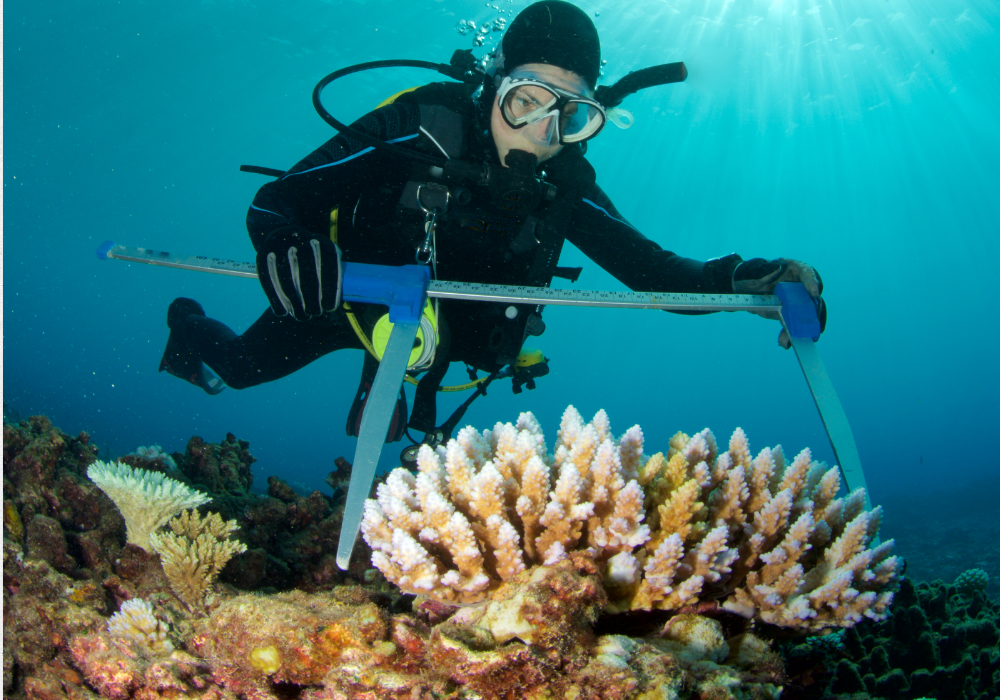
Marine ecosystems have been under pressure for decades, but they’re finally getting some breathing room. Huge new marine protected areas are being created, limiting fishing, mining, and drilling in vulnerable zones. These policies give coral reefs, fish populations, and coastal habitats the chance to recover and thrive.
A healthy ocean is a climate superhero—it absorbs carbon, cools the planet, and supports life all over the globe. By creating space for recovery, marine protections don’t just save wildlife—they help the entire climate system stabilize. And the more we invest in safeguarding the sea, the more it gives back in resilience, biodiversity, and balance.
12. Small choices are stacking up and turning into serious climate momentum.
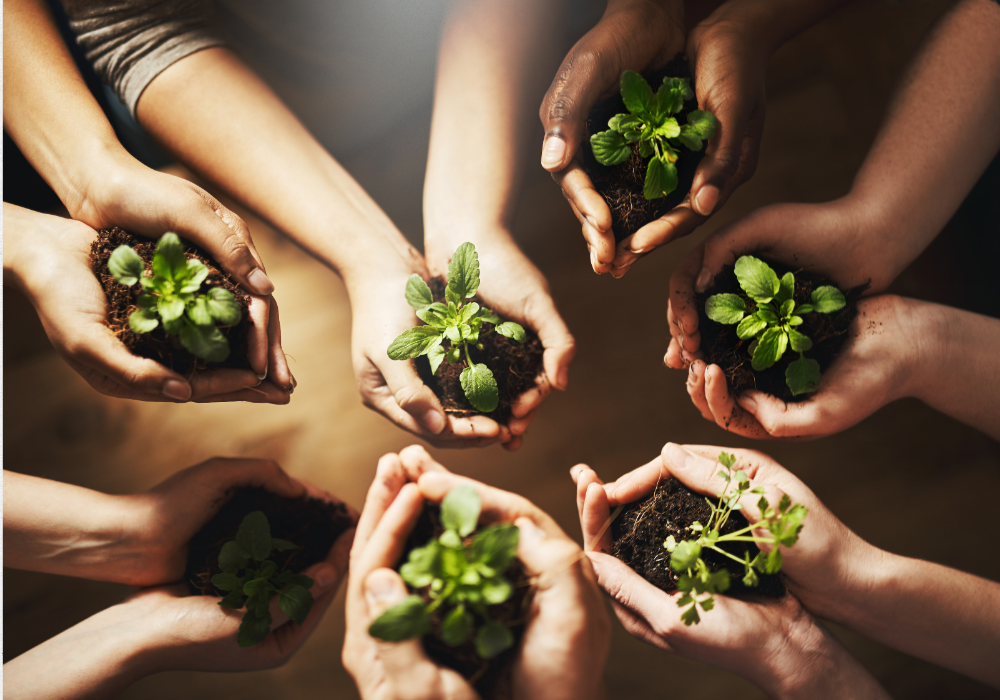
Sustainable living used to feel like a niche lifestyle, but now it’s just how more people are doing things. Biking to work, eating less meat, switching to reusables, or installing home solar—these little shifts are everywhere. One choice becomes a habit, habits go viral, and suddenly there’s a cultural shift taking place.
Businesses are adjusting to match the demand, and policies are being shaped by this growing wave of individual action. The scale of it is starting to show real results. Change doesn’t always start with a big headline—it often starts with someone making a better choice and sticking with it. Now, millions of people are doing just that, and it’s changing the game.